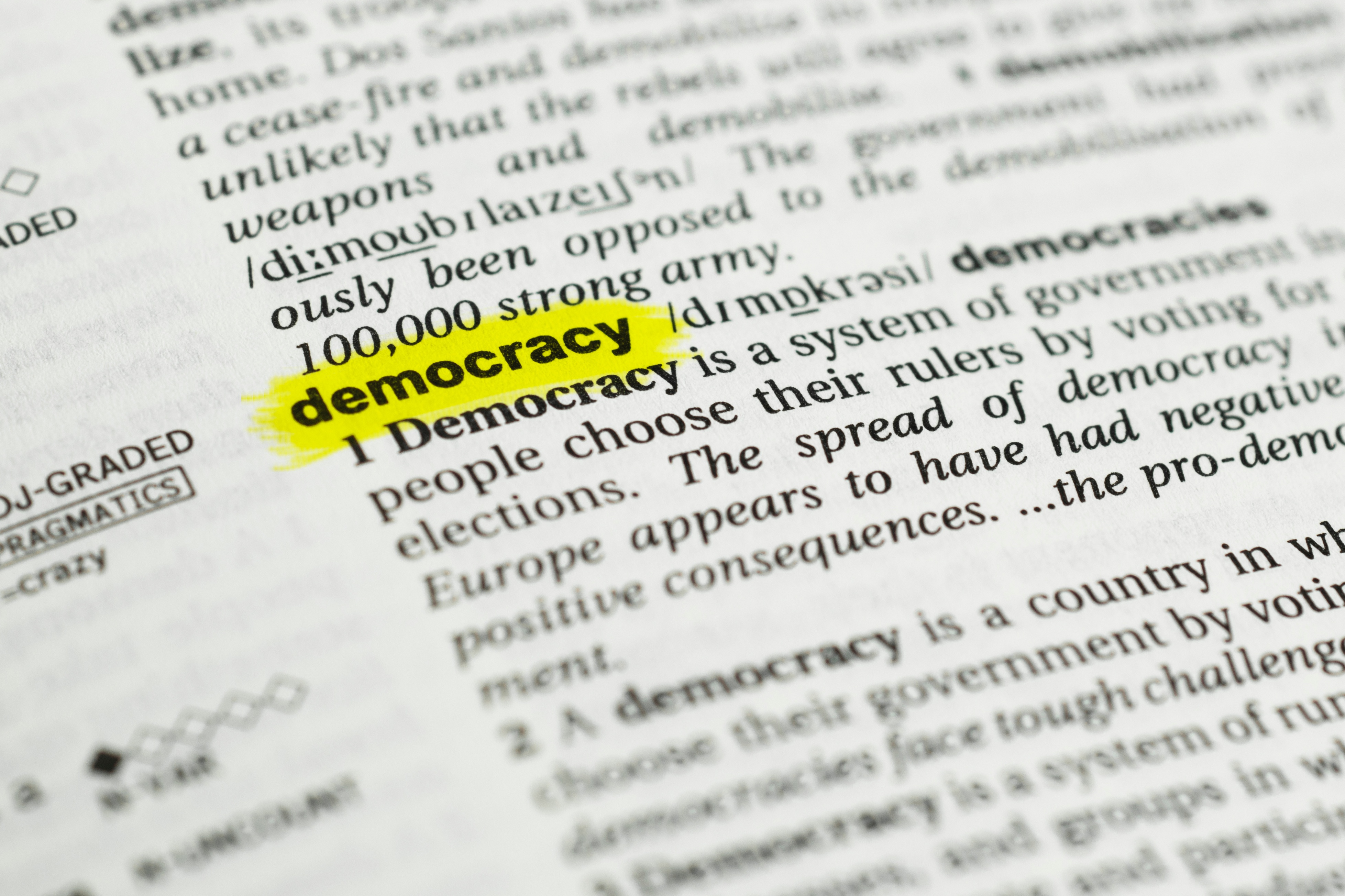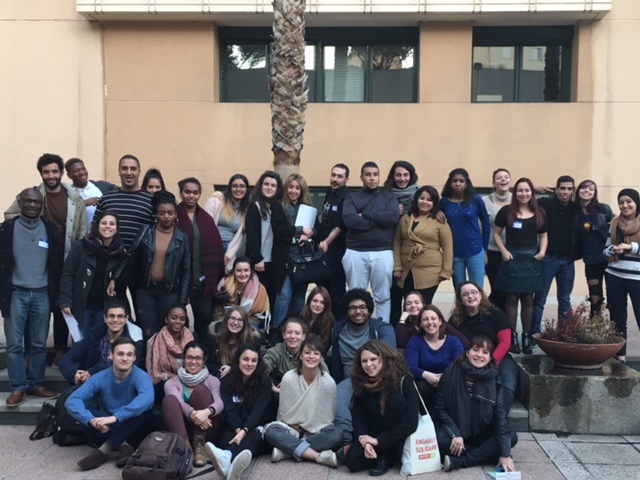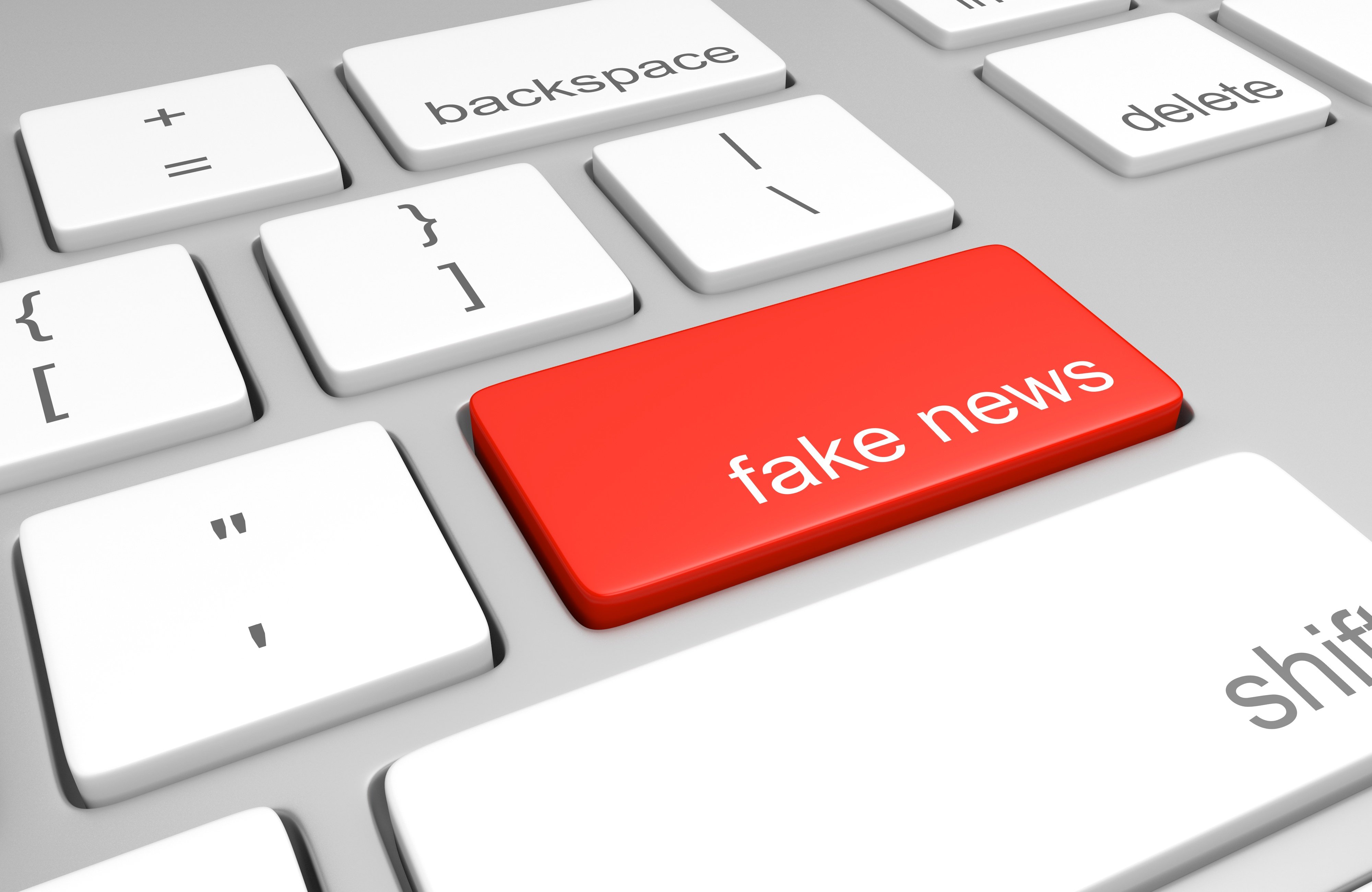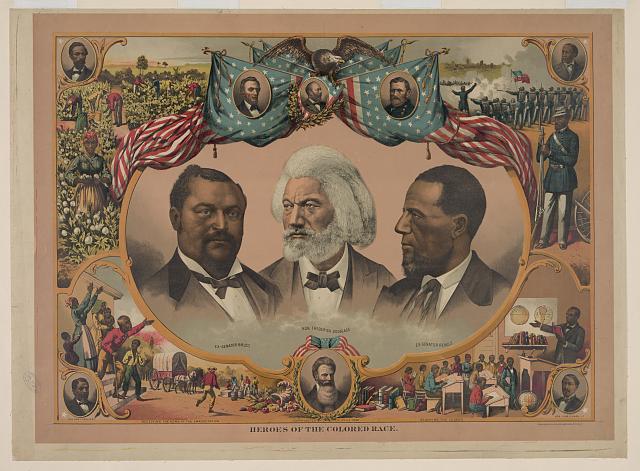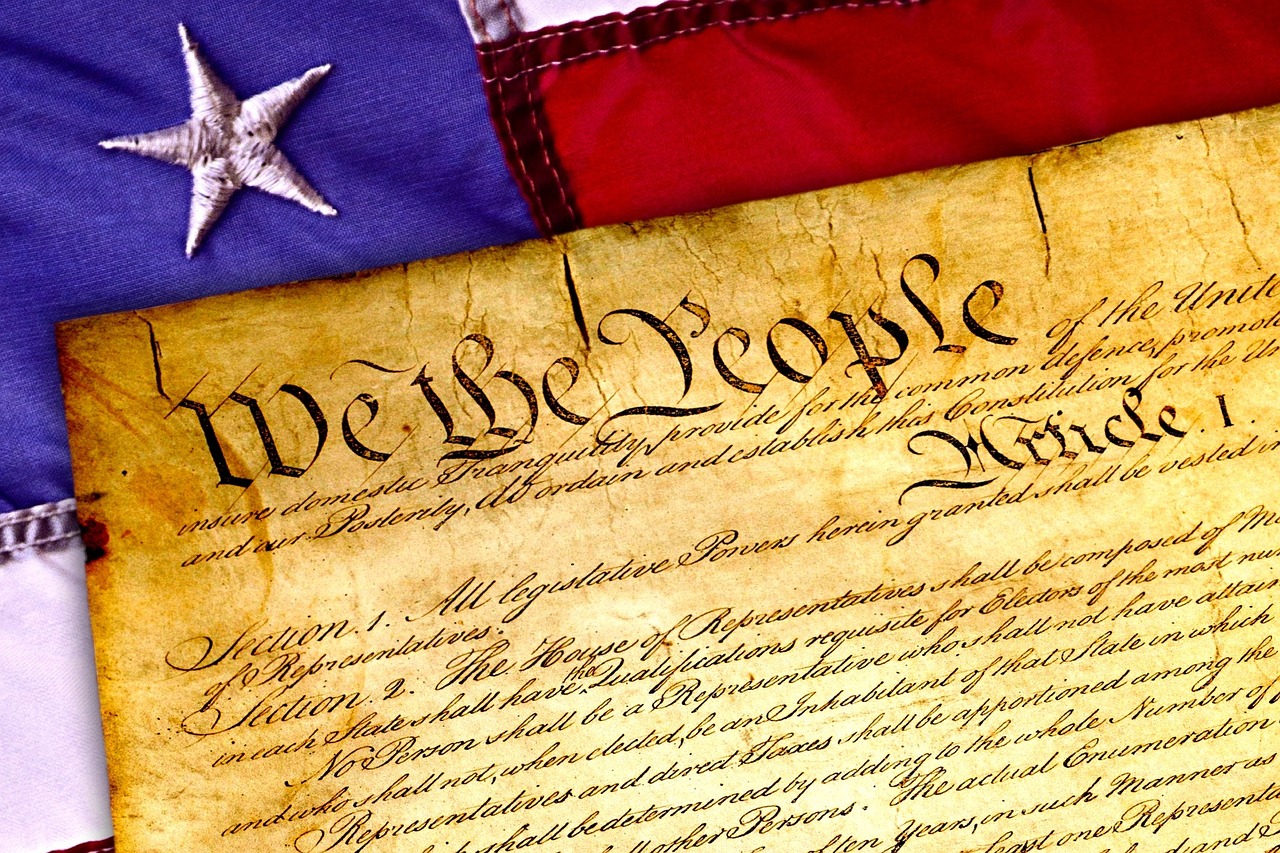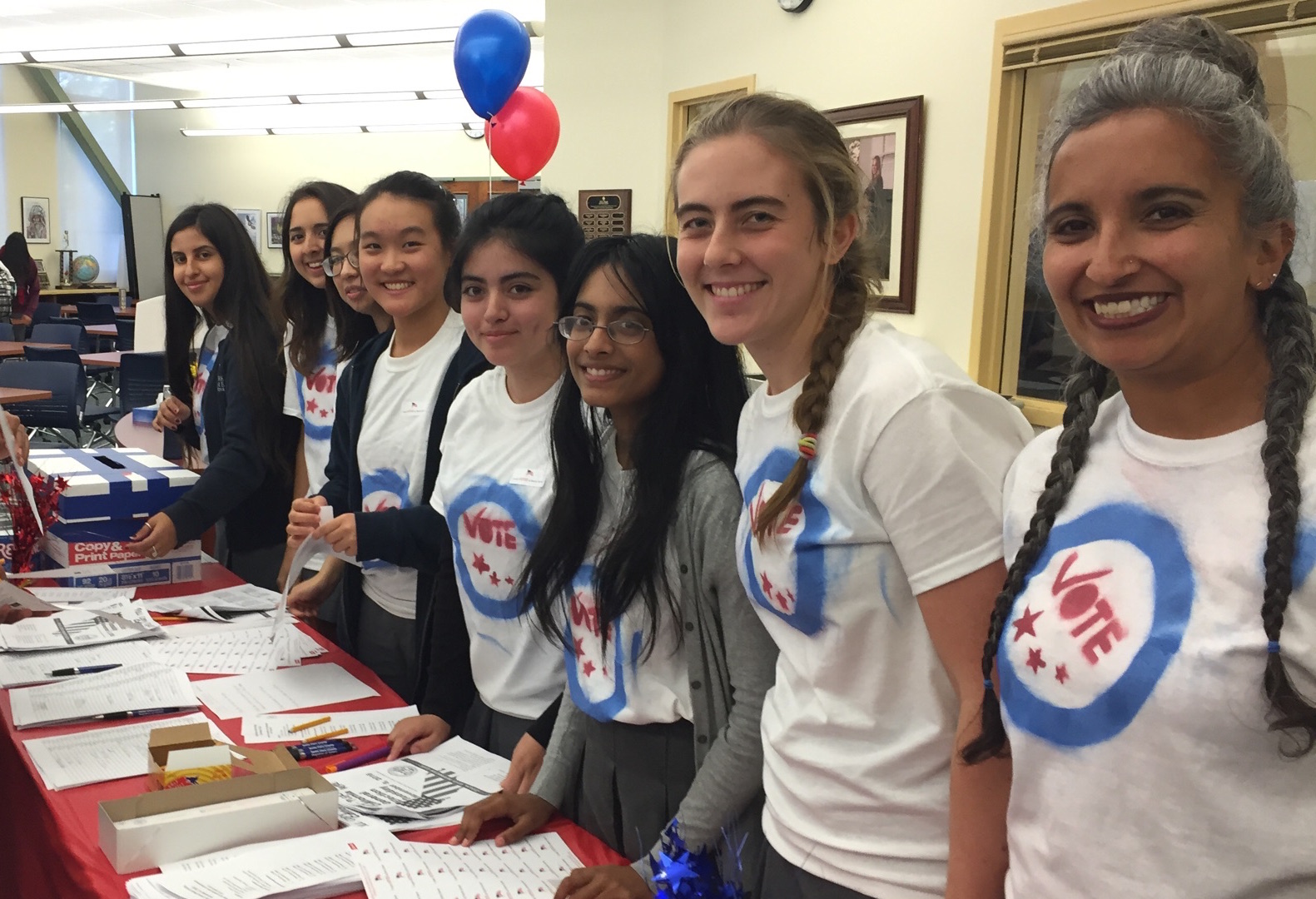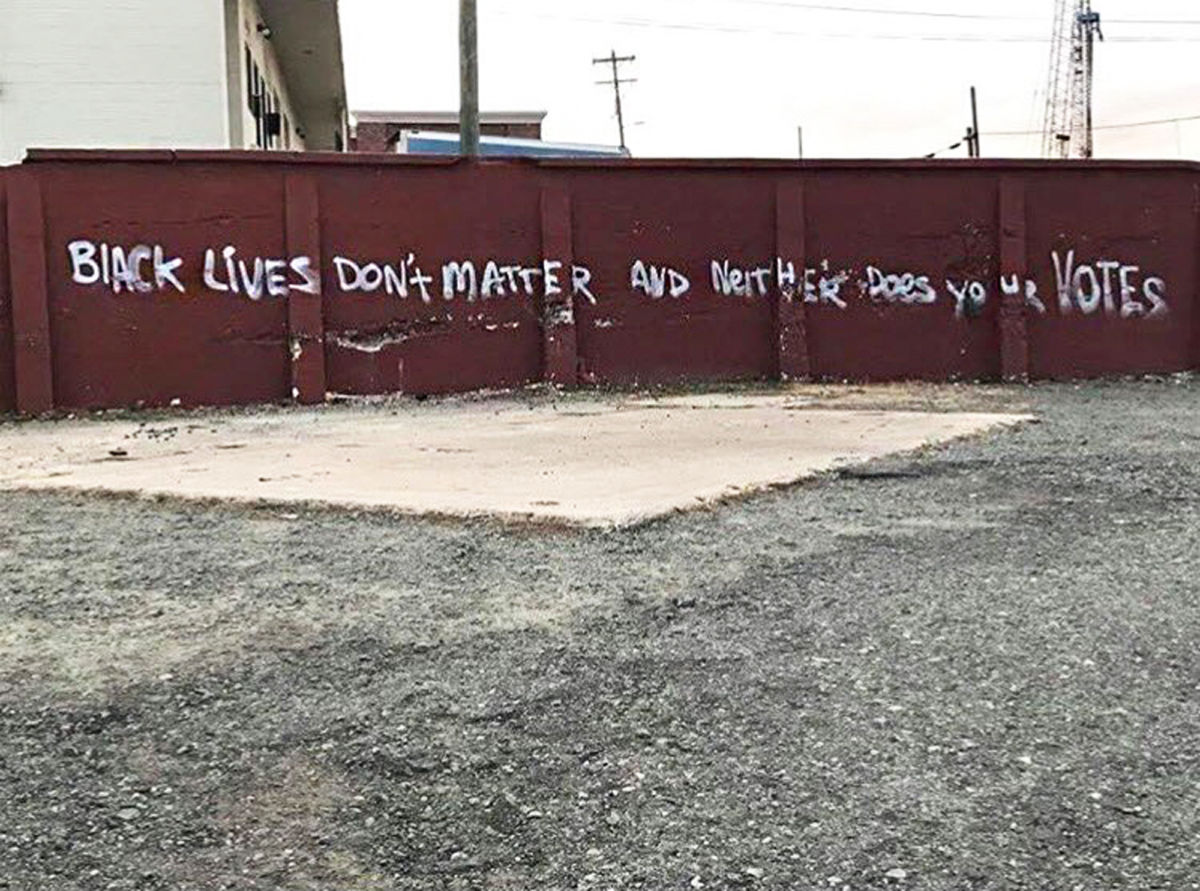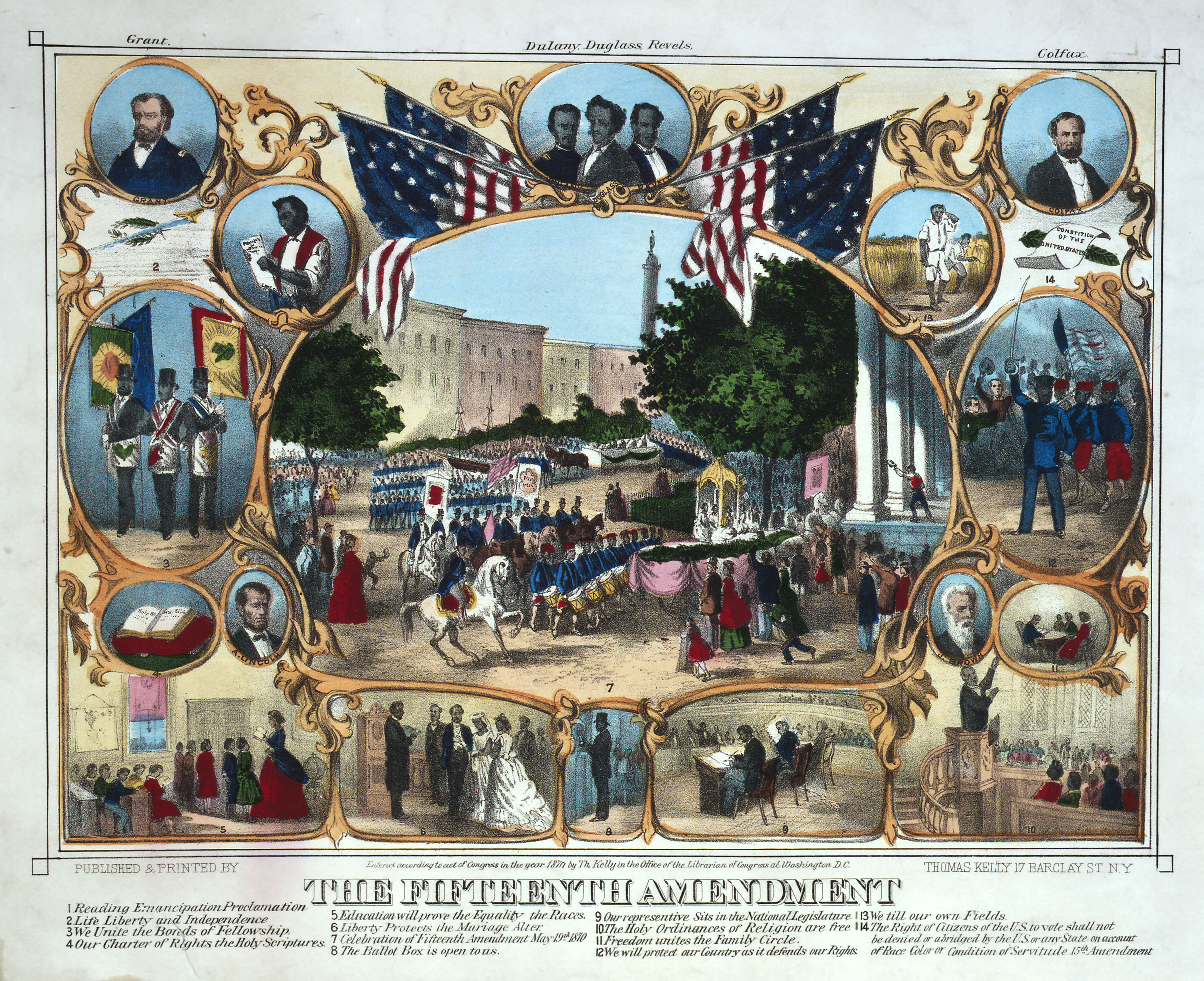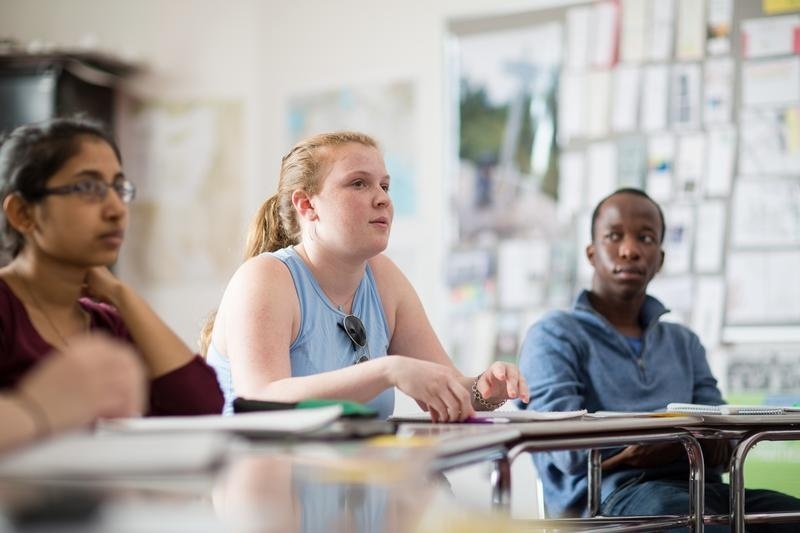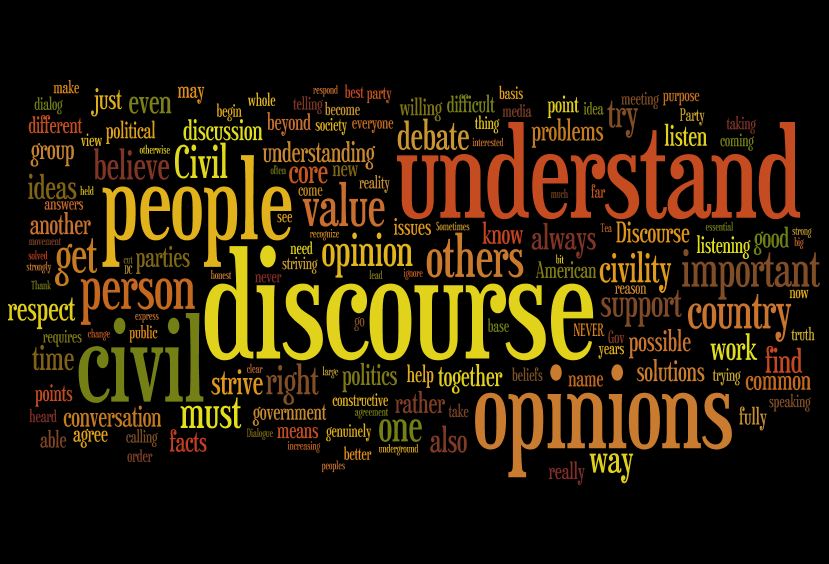We have all seen, heard, and even felt a heightened sense of division in many communities around the world. Elections in 2016 and 2017—in England, the United States, France and Germany—have both revealed and exacerbated deep tensions in these societies. Never before has it been more important to truly understand the fundamentals of democracy. That’s why Facing History and Ourselves is launching a new campaign inviting educators, students, and community members to ask, "What makes democracy work?"
Over the next eight weeks, we’ll be exploring this question with the help of historians, legal and political scholars, and voices from literature and history—and, we hope, with you. Look for weekly blog posts and teaching resources on our new page, Democracy and Us, and join us on social media with the hashtag #DemocracyAndUs to share your ideas, stories, and classroom experiences. This week, we consider why it's important to ask fundamental questions about democracy in our societies today.

